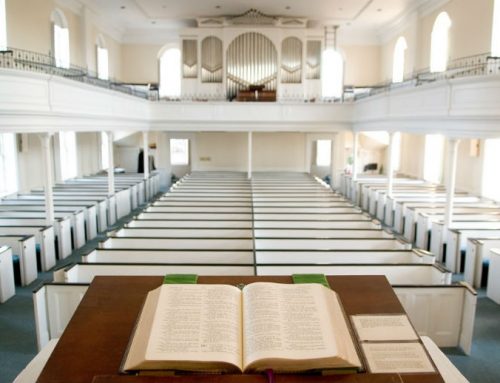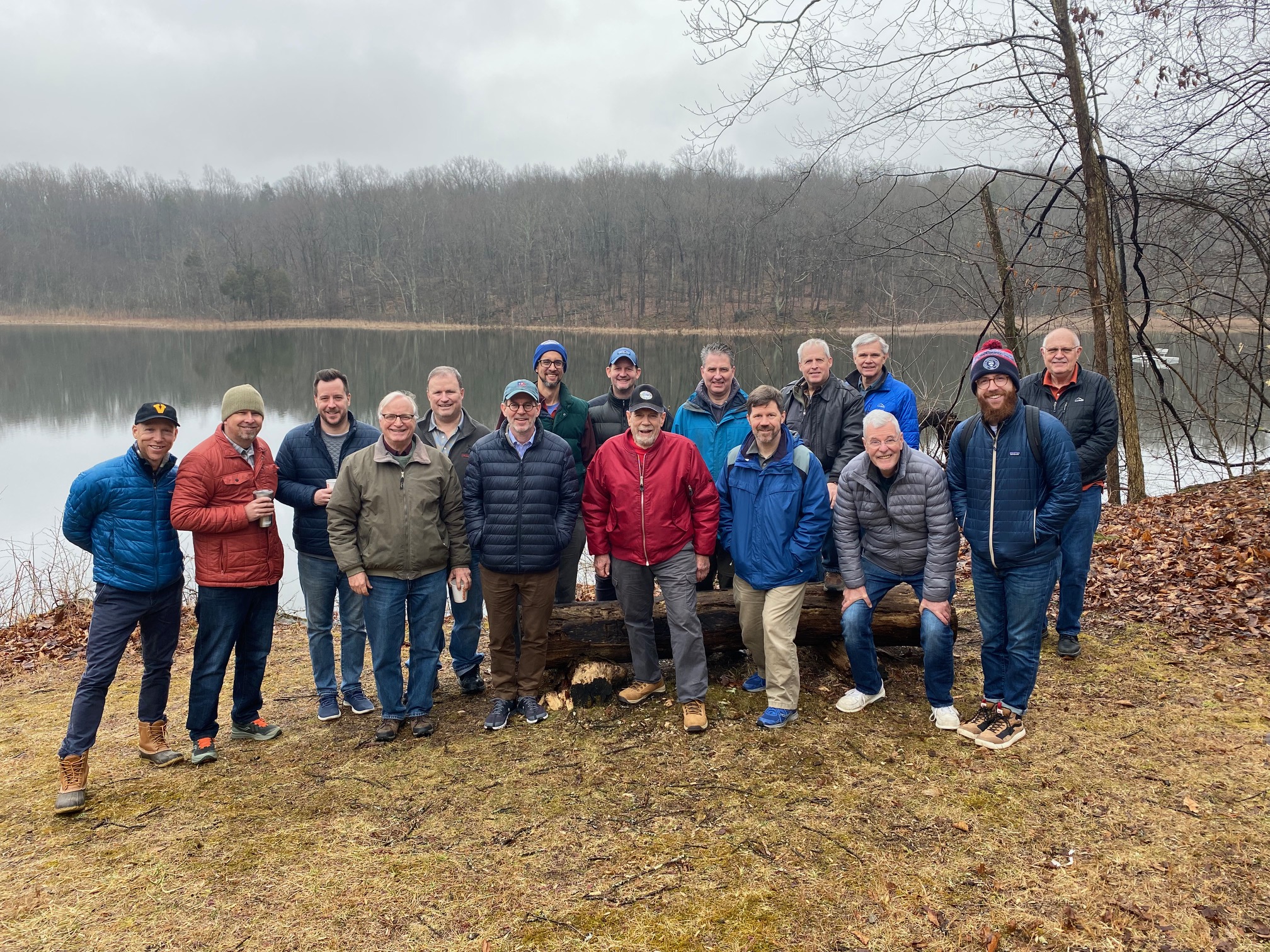Friends! Jeff V. here. I see it’s been a long time since an entry has appeared in this space. Blogging is harder to do (especially as a collective enterprise) than I’d thought.
I will continue to try to keep the flame alive. This space has already provided a number of interesting and informative conversations. So…onward, by the grace of God!This week’s post comes out of my sermon on Sunday. I am seeing the advantage of having a blog as a way to continue to preach (and to listen – more importantly!) as the word of God preached continues to echo among the congregation – and within the preacher.
The main point of my sermon on Sunday – which had to do with what it means to be “holy” – was this: That Jesus came to destroy human religion. Is it a radical claim? Or is it really the heart of the gospel?
So, to explore a few things I didn’t have time for in the sermon. First, what do I mean by “religion”? Here’s a very simple definition for my purposes that relies a lot on the great theologian Karl Barth. The point he (well, among others, like Paul Tillich) makes about human religion is that it may begin as a response to the divine revelation – but it is a human work (not a divine one) that quickly becomes corrupted by self-interest and sin. Human religiosity (the sense of what is holy) can quickly become that which justifies our tribe, our way of life, our agenda. In this sense, the holy can even become a mask for the demonic – placing a halo over the human will to power.
As I pointed out in my sermon, nowhere is that irony more obvious than the so-called holy land, where people have used religion to justify all manner of religiocentric and ethnocentric violence – all based on a human reading of “my tribe’s” holy book. No one is exempt here: Muslims enticing suicide bombers with the reward of holy martyrdom; Jewish violence to defend a land that God gave them; the great capture-the-flag debacle that was the Christian Crusades. Religion (human religion) has demonic possibilities indeed.
I claimed that the complete tearing away (“from top to bottom”) of the curtain of the temple in Mark 15 is Mark’s way of saying that Jesus destroyed human religion on the cross. All our attempts at nationalizing or localizing God; our claims that God resides here, on our territory, and not on yours; and finally, that holiness is limited by any human conception or definition…all that monkey business was destroyed on the cross, which is God’s judgment on human religion.
Mark’s point is that God, on the cross, sanctified every place, not just one place. In that act, Christ “broke down the dividing wall of hostility,” which Paul speaks of in Ephesians 2:14 – the same wall of the temple that divided Jews (in the inner sanctuary) from Gentiles (who were limited to the Court of the Gentiles) – the wall beyond which Gentiles could not go, on penalty of death. So therefore God’s holiness cannot be limited to a building – nor can it even be limited by any human concept or construct of the divine.
So the formula goes something like this: Divine revelation results in human religion. Human religion quickly becomes corrupted by sin and self interest. God is disappointed…and most of all, God then gets lost in religion itself. Is that not the ultimate irony?
But there’s a problem here. I mentioned in the sermon that I made this assertion (Christ destroyed religion) while guest teaching at the Lawrenceville School. After I said that, one particularly piquant student then asked me, “OK – so who pays your paycheck?” touche.
Karl Barth’s theology is called “dialectical theology” because he says that, on the one hand, we cannot speak of God. God is beyond human knowing. God’s fullness cannot ever be fully described or understood. And yet, we must speak of God. How can we do so?
Of course, we know how: the only way we can speak of God is through faith in God’s revelation to us: God crossed the infinite distance between us and God in Jesus, the incarnate Word. God gave us a reliable witness to this gracious act in the scriptures. And God continues to enable us faithfully to understand and represent this through the ministry of the Holy Spirit, which helps us in partnering with God in the ministry of reconciliation. But it is God’s initiative, and it is God’s help we need, which we receive by faith, not by religion. It is God’s grace that we are constantly being thrown back upon, as we attempt to understand this revelation, and how we act out its implications (i.e. via religion).
So there is always a “dialectical” tension. The revelation in Christ judged all forms of human religion as inadequate. And yet we need religion to bear witness to this truth. (Hence…the need for my salary…whew). But we always need to be humble about our practice of religion, in light of that revelation, and in light of human sin.
Destroyed religion…and yet we need religion. That’s the tension. While we constantly compartmentalize God – chop God into our human-sized boxes, so we can make God do what we want – God has been unleashed on the universe, destroying our provincial minds, and making Godself available to us at any moment and at any place. Any place and time can be a time when God’s holy presence is revealed to you. And such moments are often the ones that cut against the grain of our self-justification (but…that’s another sermon).
What do you think? Here’s the question that might focus our musing on this. When has religion been an enterprise that, for you, needed to be questioned – or even done away with – based on your understanding of Christ’s revelation?
And, on the other side, when did you use the claims of religion for your own purposes and agenda – can we come clean on ways that we fall into this same trap?
And, lastly, given that all religion tends to become corrupted by human sin – how do we practice faithfully our…religion?
Look forward to your thoughts. Anyone out there?
Faithfully,
Jeff V.



